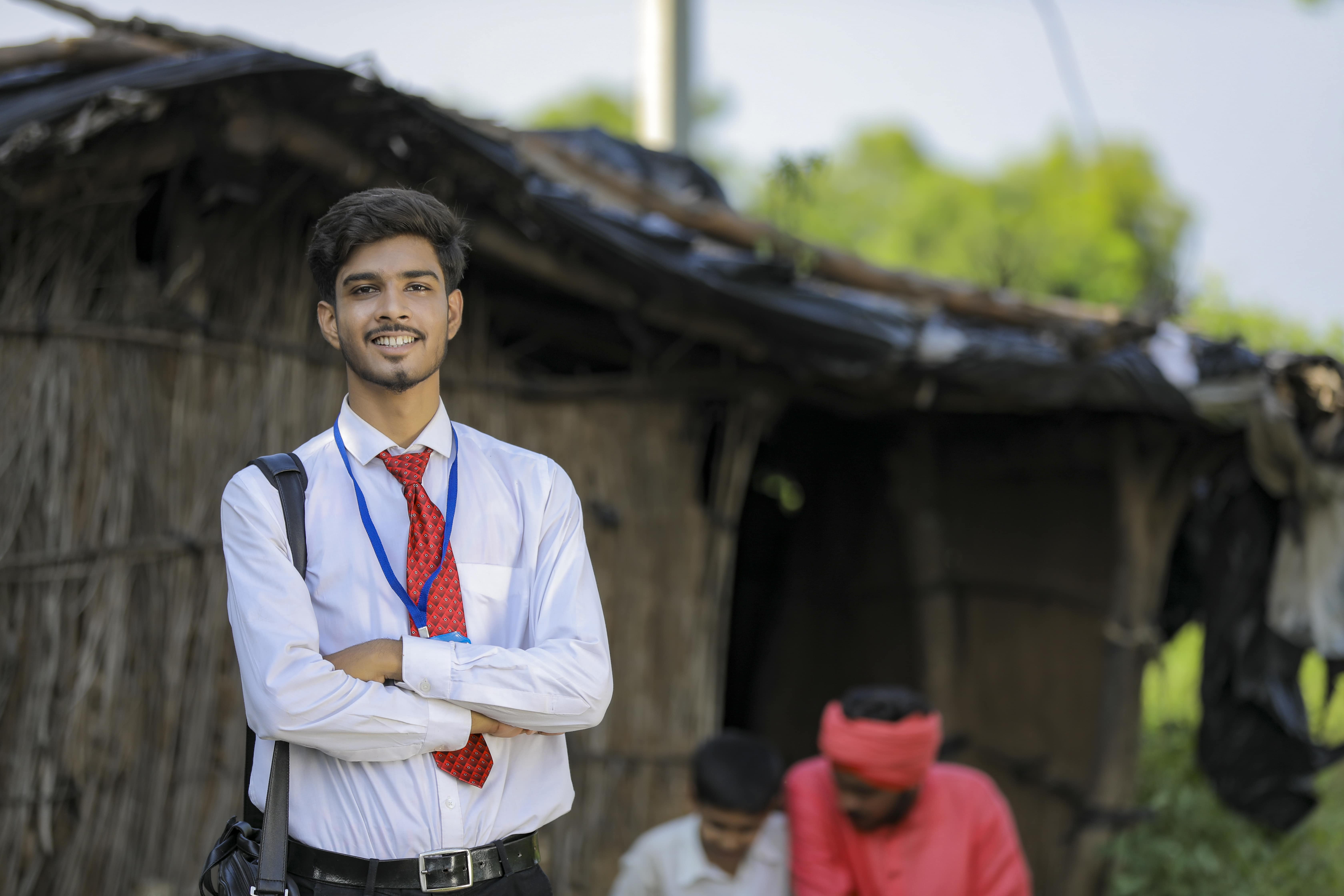- Home >
- Our Ideas
CSR Programs Focused on Enhancing Youth Employability and Entrepreneurship

Youth unemployment is a growing concern worldwide. According to the International Labour Organization, over 13% of young people globally are unemployed. Many more are stuck with underpaid jobs, too. That’s no longer a mere social problem. It’s indeed a call to action.
Visionary businesses are responding to that call through corporate social entrepreneurship. Today, a significant portion of CSR strategy focuses on helping young people build careers or launch businesses. Let’s have a look at how CSR is preparing the youth for the future.
Progressive businesses use multi-pronged strategies for youth employment, like:
Skill Development and Employment Preparation Programs: Various CSR programs for youth offer training in soft skills, IT literacy, language, coding, and industry skills. For instance, Infosys Foundation has some dedicated initiatives to prepare rural youth for IT careers by training them in technology and communication skills.
Internship and Career Guidance: Firms such as Tata, Tech Mahindra, and IBM conduct CSR-sponsored internships regularly to provide students with real-world experience.
CSR Strategy in Practice: A strong CSR strategy entails matching youth programs to the actual demand in the labor market. For example, AI, data analysis, or solar panel installation training is currently given preference since these are emerging industries.
In addition to hiring, companies also see the power of change that youth-led businesses have. CSR also provides an opportunity for young entrepreneurs.
Traditionally, corporate social entrepreneurship programs of many companies have been limited to financial assistance through seed capital and incubation, especially in rural areas. But now things have changed.
Nowadays, such initiatives offer more through tailored mentorship programs. It creates a chain effect of socially responsible entrepreneurs assisting fellow entrepreneurs in their growth. Some even set up online programs to link these new entrepreneurs with international opportunities.
Take Hindustan Unilever’s Project Shakthi as an example. It is an all-India CSR project that empowers rural women as micro-entrepreneurs by promoting HUL products in villages More than 1.60 lakh women have been employed since the program was initiated.
The idea of CSR is getting data-driven to make it more effective and accountable. That’s where the relevance of CSR impact assessment comes in.
It is the process of monitoring how well a CSR program has performed in terms of real results. The program's success could be compared with factors such as jobs filled, businesses established, income levels raised, etc. It gives valuable metrics to improve CSR initiatives.
Tata STRIVE is a perfect example of how an effective CSR strategy can directly improve youth employability in India. Being the skill development program of the Tata Trusts, STRIVE focuses on developing young individuals, particularly from underprivileged backgrounds, in industry-specific skills.
Initiated in 2014, Tata STRIVE partners with corporates, NGOs, and government agencies to run training centres across the country. It offers courses in sectors like IT, hospitality, retail, BFSI, and healthcare.
6,000 instructors of the initiative have trained over 6.5 lakh learners. The program doesn’t stop at training. It also builds socially responsible entrepreneurs by offering mentorship and entrepreneurship support.
A long-term CSR strategy must always align with global frameworks like the UN Sustainable Development Goals (SDGs), especially:
Goal 4: Quality education
Goal 8: Decent work and economic growth
Goal 10: Reduced inequalities
Implementation of advanced technologies like Artificial Intelligence (AI) in CSR makes the entire process easy. It can automate data collection and determine the most effective initiatives through predictive analytics.
AI also improves the accuracy of CSR Impact Assessment by evaluating large sets of data to measure results and refine future CSR efforts. This allows resources to be utilised more efficiently and transparently.
Change never happens overnight. It gradually starts when a young person is given the right tools and support. That's what makes youth-oriented CSR a need of the day. Assisting it to sustainability requires intention and foresight.
SoulAce, India’s premier CSR impact assessment and consulting company, is at the heart of this innovation. For more than 15 years, SoulAce has executed over 3,000 CSR projects in 28 states and 200+ districts of India.
The future belongs to the prepared and the supported. Let’s come together to build that future!